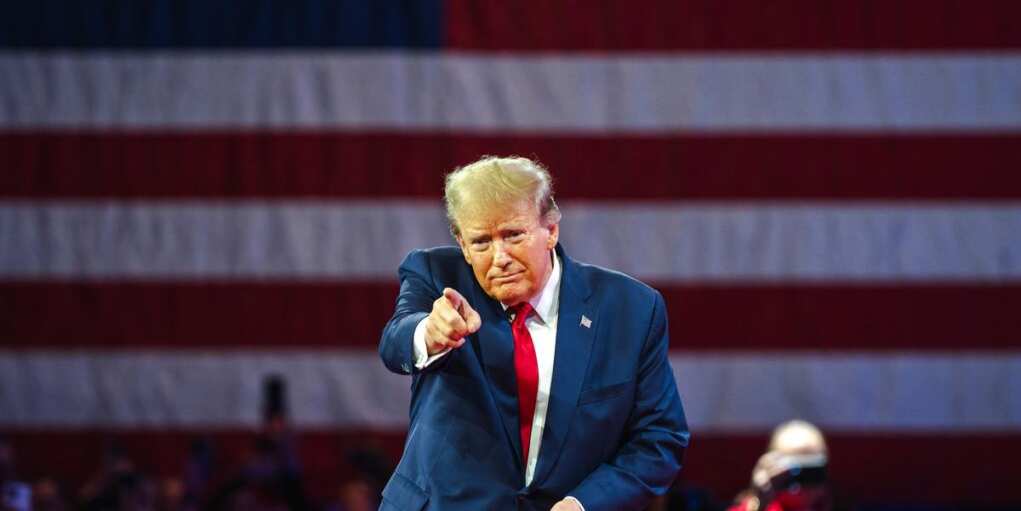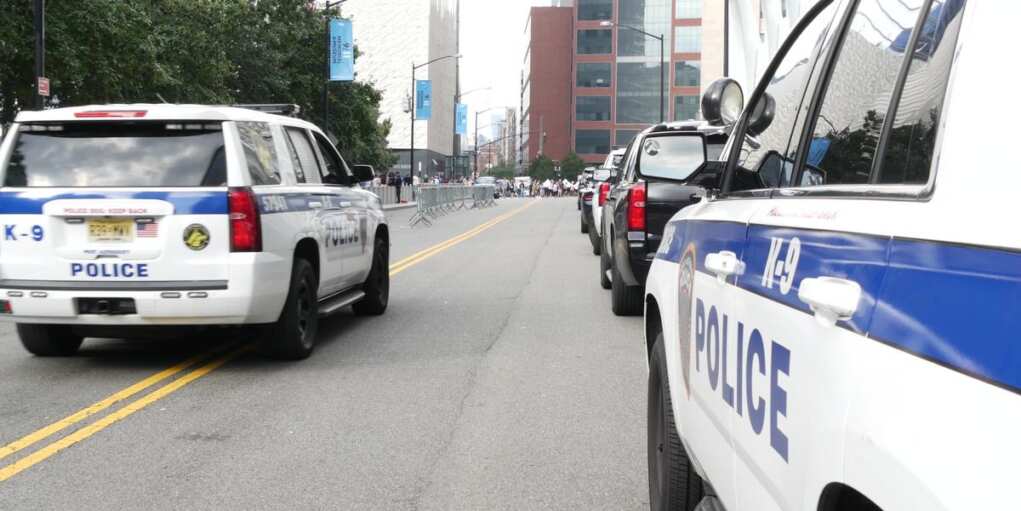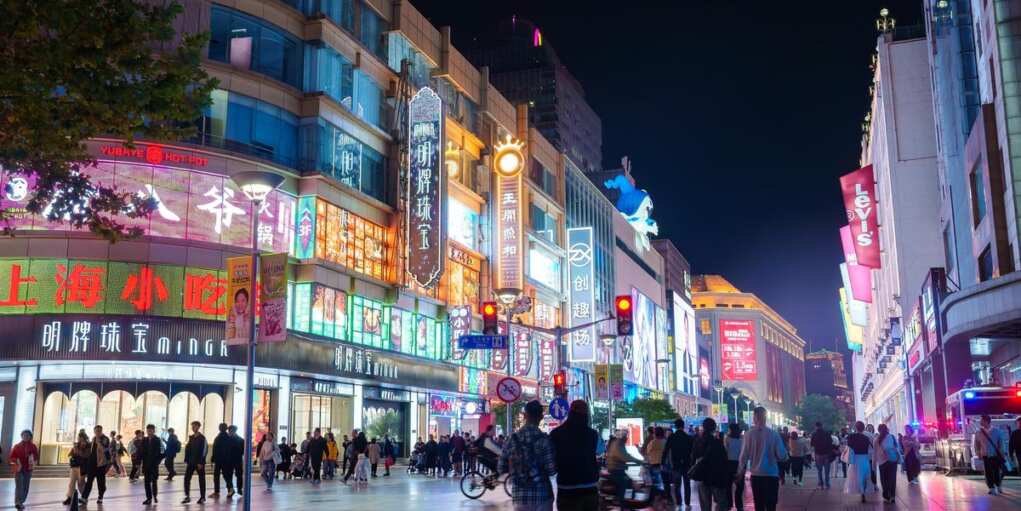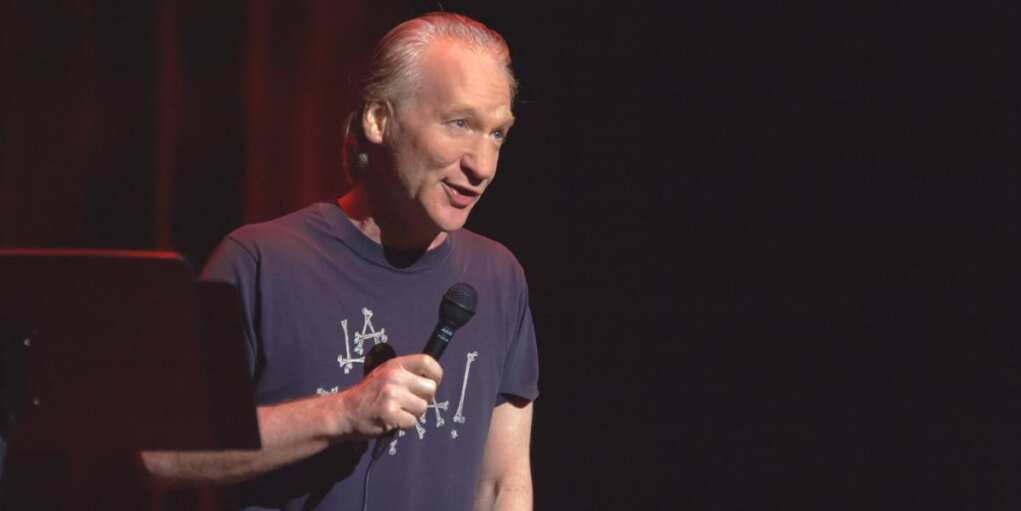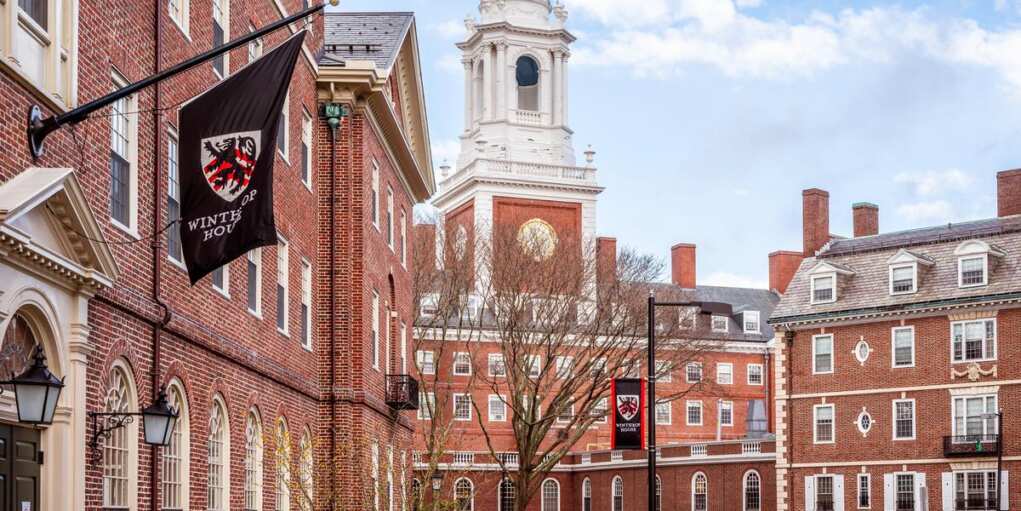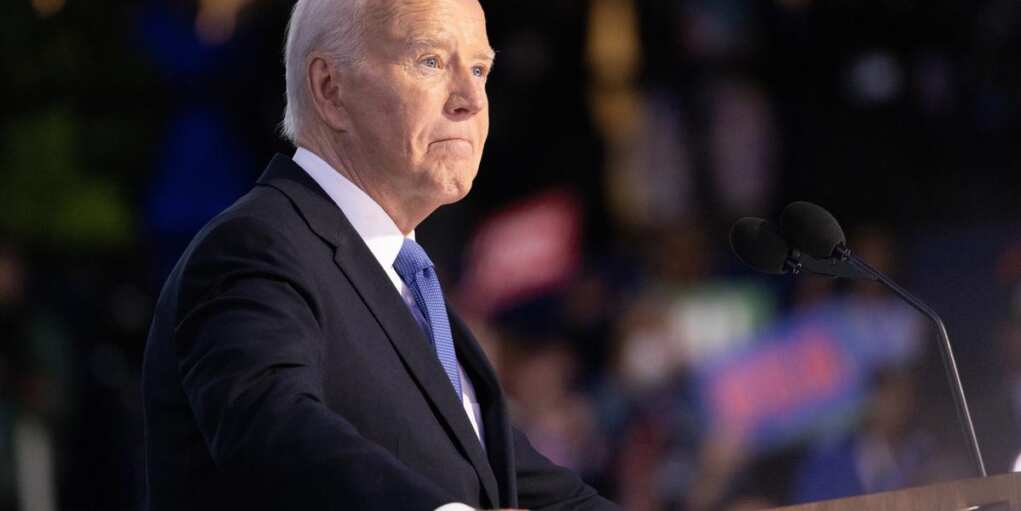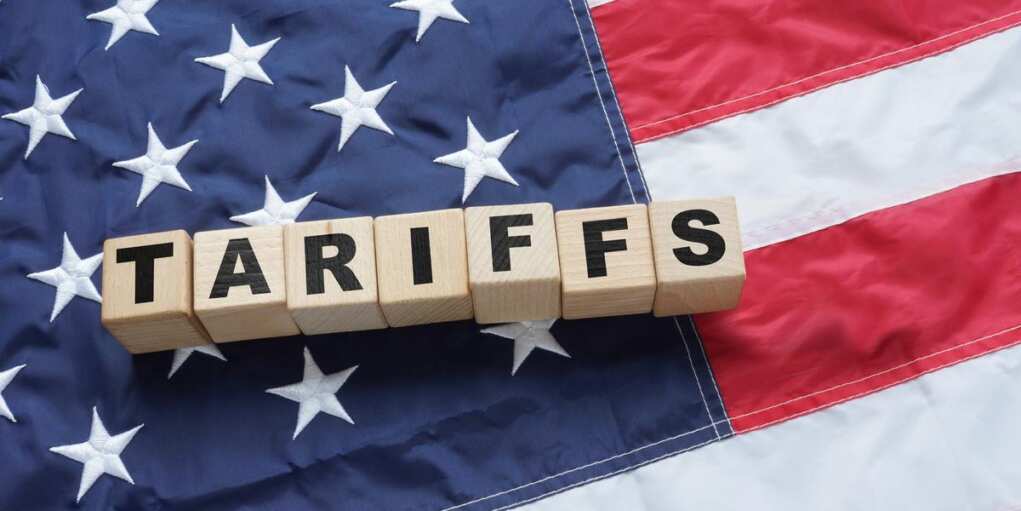Tommy Tuberville Drops Major Announcement Ahead Of 2026
Senator Tommy Tuberville (R-AL) is making a major move. The former Auburn football coach turned U.S. Senator announced he will not seek re-election to the Senate—and instead will run for governor of Alabama in 2026. At a private donor event on Wednesday night, Tuberville confirmed he’s “ready to run his next race in Alabama” and […]
Trump’s Planning a Major Rally—But It’s the Timing That Has Everyone Talking
President Donald Trump is heading back to a key battleground next week to mark a major political milestone—and he’s bringing the spotlight with him. White House Press Secretary Karoline Leavitt announced Wednesday that Trump will hold a celebratory rally in Macomb County, Michigan, on Tuesday, in honor of the first 100 days of his second […]
Bitter Ex-FBI Analyst Quits Over Trump — Now He Wants to Run for Congress
A former FBI analyst who claims he left the bureau in protest over Donald Trump and FBI Director Kash Patel is officially running for Congress. John Sullivan, a 17-year veteran of the FBI, announced Tuesday that he’s mounting a primary challenge against Rep. Michael Lawler (R-NY), calling the New York Republican “Elon Musk’s favorite congressman” […]
Town Explodes After Leaders Try to Axe Entire Police Department
A small town in Virginia nearly erased its police department—until its citizens rose up and stopped it. On Tuesday night, Purcellville’s town council voted to reverse course and keep its local police force, just one week after the same body had voted to disband it in a late-night move that blindsided residents. The initial decision […]
Democrats Melt Down Over Trump’s New Financial Enforcement
Sen. Elizabeth Warren is raging once again—this time because President Donald Trump is doing something radical: collecting on student loans. In a fiery outburst, Warren slammed the administration for resuming enforcement of taxpayer-backed student loan repayments. Her complaint? That it’s somehow “punishing” borrowers. But to many Americans, especially those who paid off their loans or […]
Media Has A Hilarious Name For MS-13 Illegal Alien
The liberal media is facing intense scrutiny after a new study revealed that outlets like CNN and MSNBC have repeatedly misrepresented Kilmar Abrego Garcia—an illegal alien and confirmed MS-13 gang member—by referring to him as a “Maryland man” more than 500 times in just three weeks. Garcia, who was recently deported to El Salvador by […]
China Suddenly Won’t Stop Calling After Trump’s Tariff Hike
President Donald Trump says China has been reaching out “a lot” following his decision to nearly triple tariffs on Chinese imports, hinting that a trade deal could be struck in just a few weeks. Speaking to reporters after signing executive orders on deregulating the seafood industry, Trump said high-level Chinese officials have made multiple attempts […]
Judge Escalates Legal War With Stunning Threat Against Trump Officials
An Obama-appointed federal judge has found “probable cause” to hold the Trump administration in criminal contempt, claiming officials violated a restraining order by deporting gang members to El Salvador last month. Judge James Boasberg ruled Wednesday that Trump officials defied his March 15 court order by putting two planeloads of alleged Tren de Aragua gang […]
Bill Maher’s Trump Praise Sparks Liberal Meltdown
Liberal media voices are in full-blown panic after HBO’s Bill Maher delivered a monologue describing his recent meeting with President Trump as unexpectedly positive. Maher, a longtime critic of Trump, stunned his audience by calling the president “gracious and measured” and admitting he felt more at ease with Trump than with past Democratic presidents. “I […]
Shadow Lawsuit Blocks Trump Deportation Plan in Surprise Legal Ambush
A lawsuit backed by George Soros–funded organizations has successfully delayed President Trump’s effort to deport over 500,000 migrants released during the Biden administration. Two Soros-linked advocacy groups are now at the center of a major legal showdown with the Trump administration, filing a lawsuit that has temporarily blocked the deportation of migrants who entered the […]
Harvard Declares War on Trump’s Campus Crackdown
Harvard University is refusing to bow to the Trump administration’s sweeping demands for reforms, igniting a high-stakes standoff that could cost the Ivy League institution more than $9 billion in federal contracts and grants. In a defiant letter sent Monday, Harvard’s lawyers rejected a set of mandates issued by the administration that would overhaul the […]
Biden’s Back—and Even His Own Party Wants Him Gone
CNN’s Jessica Dean put it plainly to Rep. Ro Khanna: Is Joe Biden’s return to the spotlight actually helpful to Democrats? The answer, despite Khanna’s best efforts to redirect, was a resounding “not really.” Biden’s scheduled speech in Chicago — his first public address since leaving the White House — was meant to boost Democratic […]
Judge’s SHOCKING Free Speech Smackdown – Trump Fights for Parents’ Rights!
A federal judge in New Hampshire has ruled against a group of parents seeking to protest the participation of a transgender athlete in high school girls’ sports by wearing wristbands referencing biological sex chromosomes. The decision has sparked backlash from free speech advocates who say the ruling sets a dangerous precedent for viewpoint discrimination in […]
Trump Now Hunting Christian Haters—Progressives Panic
The Trump administration has ignited a fresh political firestorm by directing the State Department to begin collecting reports of anti-Christian bias from within its ranks—a move that has left progressives outraged and legacy media scrambling to downplay it. According to Politico, employees were instructed to report incidents of religious discrimination targeting Christians. While that might […]
Republicans Torch Biden, Praises Trump’s Tariff Blitz on China
Senator Josh Hawley took aim at both the Biden administration and the liberal media during a no-holds-barred appearance Thursday on Fox News, where he defended President Donald Trump’s aggressive tariff policy and exposed what he called the “complete failure” of the Democrats to confront China. Speaking with host Laura Ingraham on The Ingraham Angle, Hawley […]



